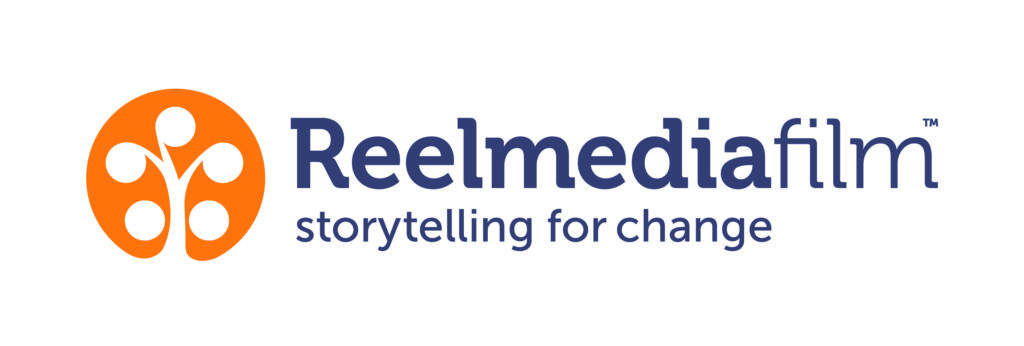
WordPress for Good: The Price of Water
Earlier this year, we honored Webby for Good nominees using WordPress to bring positive changes to the world. On November 15th, 2018 industry experts and technology innovators from across the EU will meet for the Webby’s European sister show, The Lovie Awards. Winners are selected for creating a stunning overall digital experience as well as for excellence in select areas: websites, apps, mobile sites and podcasts, online advertising, internet video, and social media.
This year, WP Engine partnered with The Lovie Awards to bring Lovie For Good, a project highlighting digital experiences bringing positive change to the world. From an algorithm to promote compassionate leadership to campaigns recognizing the importance of fresh air, these winners are using the internet to spread awareness and initiate change. In this series, we highlight Lovie for Good winners built on WordPress.For many nonprofits, organizations, and individuals WordPress’ affordability, flexibility, and scalability provide the perfect framework to spread awareness, organize, and maintain a campaign or project.
The Real Price of Water campaign is a social experiment aimed at getting people to consider their own easy access to water. The project was created and implemented by ReelMediafilm, a Brighton based creative documentary, film, and multimedia studio that uses film to explore social issues from around the world.
In April 2017, the UNICEF Somalia and East and Southern Africa Regional (ESARO) offices were looking for a new way to raise awareness about the drought affecting millions of people in Somalia. The crisis was getting worse by the day, with thousands of Somalis fleeing home in search of water. Millions of Somali children often walk several kilometres just to get access to water. To raise awareness, Reelmediafilm partnered with UNICEF to set up hidden cameras in a busy street and ‘sell’ water to thirsty passersby. However, instead of water in exchange for currency, bottles were labeled with the numbers of kilometres that children typically walk to find water in Somalia.
After a day of distribution, only a handful of customers took the challenge despite the fact that they were only being asked to walk a fraction of the distance a Somali child walks every day. After quenching their thirst with the water, the salesman asked them to check the ingredients on the label. A list of deadly diseases was read out, to the initial confusion of customers. Overall, participants in the experiment left with more empathy for the Somalis who face this challenge every day.

Start the conversation.